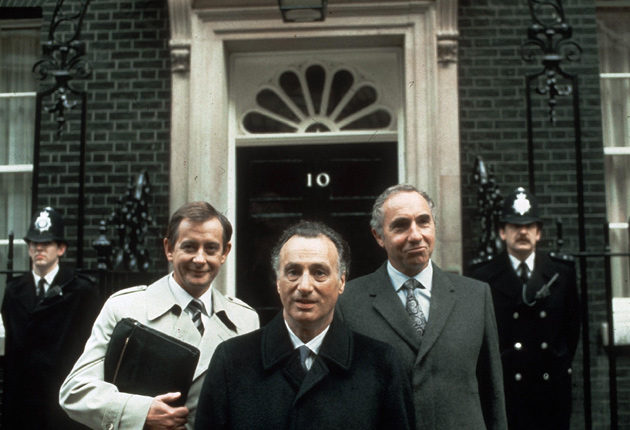The Supreme Constitutional Court in Egypt (SCC) ruling Thursday (14 June) on the legality of a newly passed act of parliament and on the legality of the parliamentarian elections themselves today polarised Egyptian revolutionaries whose 18 days protest last year toppled former president Hosni Mubarak. Liberals and democrats (minority though) witnessing Islamists stealing their revolution welcomed the ruling as they feared a Taliban style Islamist totalitarian dictatorship. Majority of revolutionaries saw a conspiracy cooked by the ruling military council which on Feb 11 last year forced Mubarak to resign and now in charge of the daily running on the country. But majority of non-politicised ordinary Egyptians ( nick-named the Sofa Party for passively watching events unfold on TV screens) warmly welcomed the ruling. Many of them flocked to the press conference of the secular presidential candidate, Ahmed Shafiq, a retired air-force officer who ran different ventures under Muabark, especially turning Cairo airport from a national embarrassment to modern successful business that was making profits ( not a common feature in nearly all of Egyptian public sector. Joining in celebration were businessmen, investors and bankers who already had plans to take hundreds of billions of their money out of the country had the SCC ruling was different.
The SCC was asked, by hundreds of citizens, lawyers, business and political activist to rule on a directive passed by the Islamists dominated parliament (although not an Act yet since there is no elected head of state to sign it, but it was implementable under exceptional conditions) known as “ political Isolation directive” PID, which bans politicians, officials, civil servants or anybody in position of influence who served before February 11 2011 ( ie under Mubarak) to stand i election for public office. The PID was specifically designed to disqualify secular candidate Mr Shafiq from contesting the presidential elections second round this coming weekend.
It didn’t take Lawyers representing scores of people like Mr Shafiq long to persuade the SCC that it is against natural justice to implement a law retrospectively, in addition non of their clients had any evidence against them of wrong doing or criminal activities to disqualify them from contesting election. (unlike the Islamist Candidates.
The second ruling which triggered protests organised by the two main Islamist parties ( the Muslim Brothers Freedom and Justice Party, and the Salafists Nour Party) disqualified over 160 MPs. The amended 1971 constitution, under which parliamentarian elections were held last November reserves one third of seats for independent candidates standing as individuals while two thirds are filled by political parties candidates from lists on proportional representation system. It turned out that nearly all the 166 Independent MPs of the 500 strong parliament were in fact members of the two Islamists parties who committed fraud on their candidacy application forms by calming to be independent while they were full paying members of the two parties.
As Egyptian parliament rose for the election recess It is not clear whether over 160 by-elections will be held, or would be a rerun of the entire general election, if the Public Prosecutor Office PPO charges the disqualified MPs with fraud and their fellow MPs with conspiracy to commit fraud lead to further prosecutions of many MPs.
However large sections of Egyptian society welcomed the ruling which ended the extreme right-wing radical Islamist dominance of legislations. Women and workers in the tourism sector ( one in 18 Egyptians) were delighted as The Islamist had prepared a long list of bills, forcing Islamic dress code on women, banning teaching Darwin’s evolutionary theory in schools as well as banning Bikini and alcohol which would have damaged the tourist industry and scared off investors.
end
